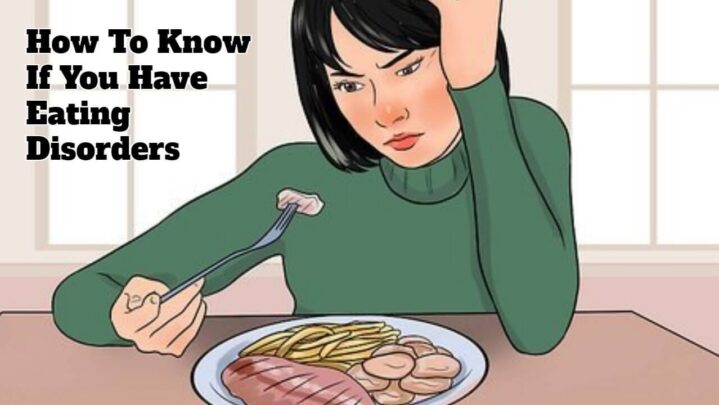Eating disorders and severe mental health illnesses impact a person’s connection with food and perceptions of their bodies. As a result, they may have adverse health, emotional, and social effects if untreated. Here are some warning indicators that you may have an eating disorder:
1. Changes in eating habits: If you experience significant changes in your eating habits, such as frequent binges, purging (vomiting or using laxatives), restricting your diet, or exercising excessively to make up for food intake, you may have an eating disorder.
2. Body image distortion: People with eating disorders frequently have a skewed perspective of their bodies. Even underweight, they could always feel overweight and strongly dread putting on weight or getting “too big.”
3. Food and weight preoccupation: If you notice that you are preoccupied with thoughts of food, weight, calories, or your body’s shape and size, it may indicate an eating disorder. This obsession may hamper your regular activities and relationships.
4. Physical symptoms: Eating disorders can appear physically as severe weight loss, exhaustion, a lack of strength, weakness, vertigo, constipation, and changes in skin, hair, and nails. Bone loss, hormone changes, and dental issues are among potential side effects.
5. Changes in emotions and behaviours: Eating disorders can affect a person’s feelings and behaviours. You may go through mood swings, impatience, depression, anxiety, social withdrawal, and sleep pattern alterations. You might also avoid eating in front of others, practice private dining, or follow rigid dietary customs.
6. Negative effects on everyday life: An eating disorder may occur if your eating habits and body image issues deplete your quality of life, including your relationships and health. Work or school, social engagements, and self-care routines can all be hampered by eating problems.
Getting professional assistance from a healthcare provider or mental health expert is crucial if you believe you may have an eating disorder to receive an accurate diagnosis and the best care. Keep in mind that having an eating disorder can be recovered from much more quickly with early help.





